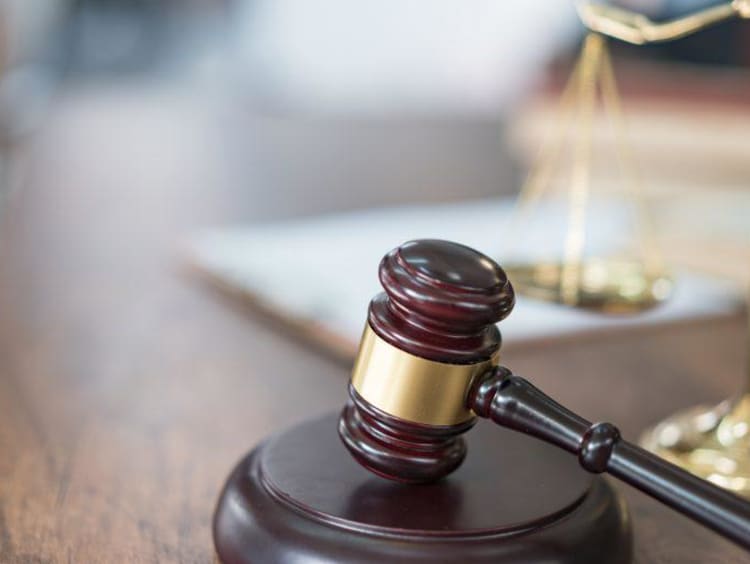Some of the Basics in Criminal Procedure

Students at GCU pursuing a justice studies degree will learn about criminal procedure. This refers to the set of rules governing how the government enforces criminal law. The basis for criminal procedure lies in the amendments to the Constitution. Specifically, the Bill of Rights guarantees due process, equal protection, the right to legal counsel, the right to confront witnesses, the right to a trial by jury and the right to not testify against yourself.
While each state has its own criminal procedure code, many choose to follow the federal rules. States may also choose to offer more protection to a defendant than is required by the Constitution or federal rules. However, states cannot offer less protection than is guaranteed by the Bill of Rights.
Federal Criminal Procedure
Arrest
The criminal procedure proceedings begin when police detain an individual as a suspect in a crime. Once police have detained a person, a prosecutor must decide if there is enough evidence to charge the suspect.
Arraignment
After the arraignment, the suspect will plead guilty or not guilty to the charges they are up against. This is also the time when the judge determines whether the accused has access to an attorney or needs a court-appointed attorney as guaranteed by law. Sometimes a bail is set, as are the dates of futures proceedings.
Pre-trial hearing
At a pre-trial hearing, the judge hears specifics about the case and listens to any other pretrial issues that may arise. The judge then determines whether the prosecution has enough evidence to make the defendant stand trial.
Trial and Sentencing
At the trial, the evidence against the defendant is shared and either a judge or jury determines their guilt or innocence. If a suspect is found guilty, they are sentenced to jail time, probation, community service, fines or other forms of punishment.
Before sentencing, a defendant is allowed allocution. This is the right to address the judge without the help of lawyers. During this time, the defendant may explain unknown facts or offer an apology for their behavior. It is a time for defendant to show remorse and the motivations behind their crimes.
If you are interested in how the US Constitution protects people during the criminal process, the Bachelor of Science in Criminal Justice Studies with an Emphasis in Legal Studies program at Grand Canyon University. Click the Request More Information Button on this page or visit the College of Humanities and Social Sciences website to learn more.
The views and opinions expressed in this article are those of the author’s and do not necessarily reflect the official policy or position of Grand Canyon University. Any sources cited were accurate as of the publish date.


